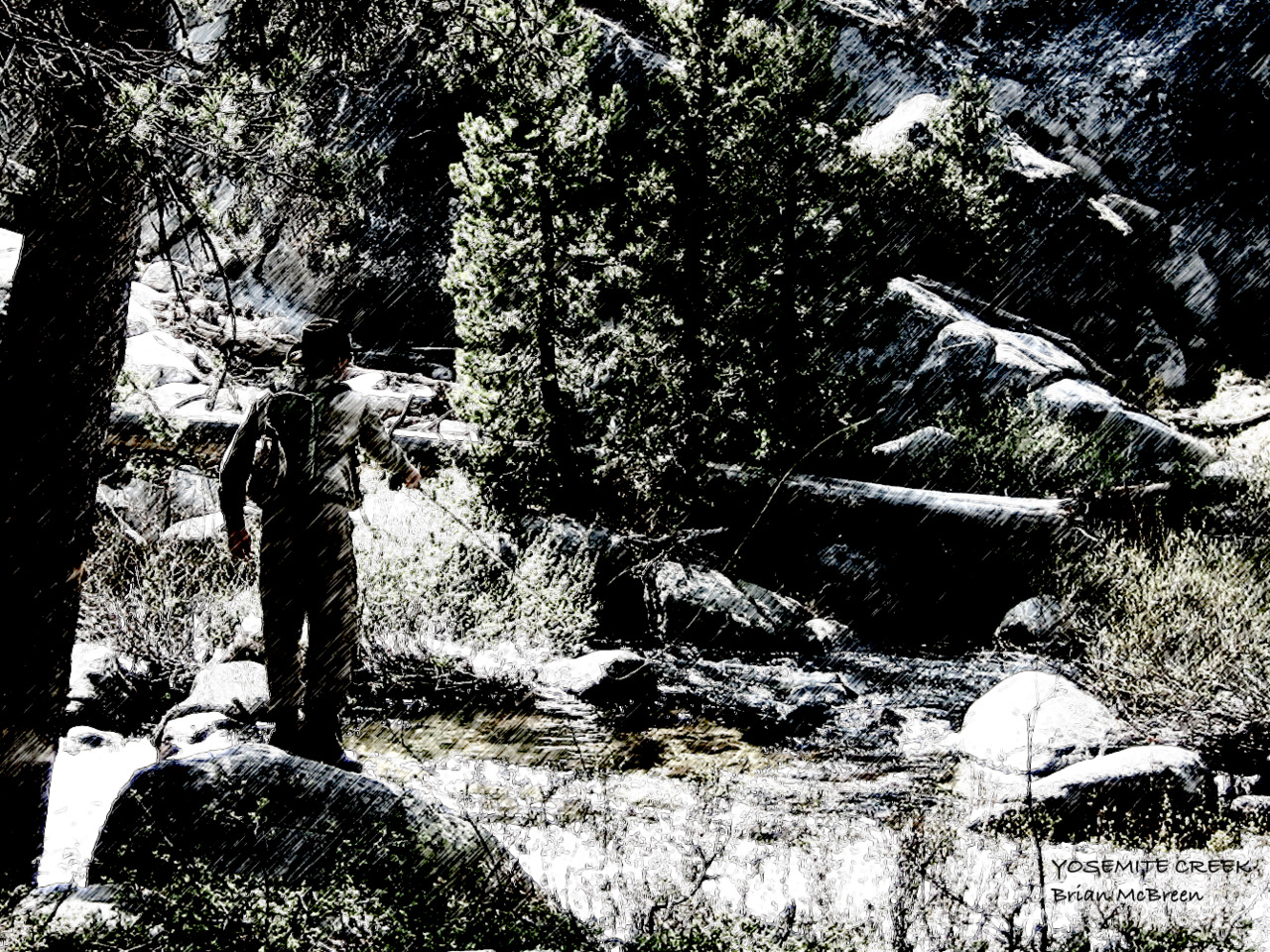It is rare that I recommend a book before finishing it, but the timeliness of The Forgotten Man: A New History of the Great Depression could not be denied. With all the speculation about our nation’s economic future, what better can we do then learn from the past?
The book, written by a respected economic commentator I’ve followed for some time, opens with the following quote:
“As soon as A observes something which seems to him to be wrong, from which X is suffering, A talks it over with B, and A and B then propose to get a law passed to remedy the evil and help X. Their law always proposes to determine what C shall do for X, or in the better case, what A, B, and C shall do for X… What I want to do is to look up C. I want to show you what manner of man he is. I call him the Forgotten Man. Perhaps the appellation is not strictly correct. He is the man who never is thought of… He works, he votes, generally he prays–but he always pays…”
William Graham Sumner
Yale University, 1883
After observing our government’s response to the recent financial crisis, and listening closely to the economic proposals of both presidential tickets, it is obvious that more education about the consequences of government intervention (in this case the Great Depression and the New Deal) is critical for the engaged voter.
Shlaes, Amity. The Forgotten Man: A New History of the Great Depression
